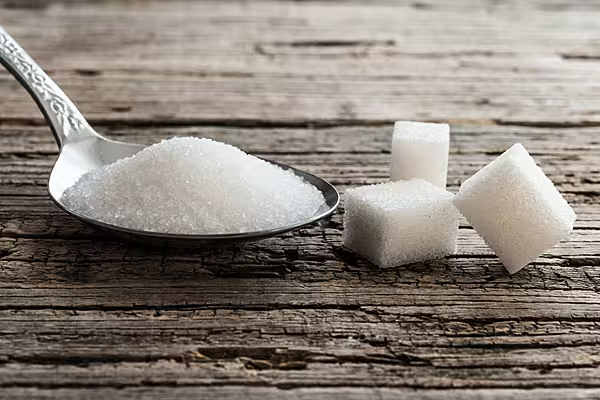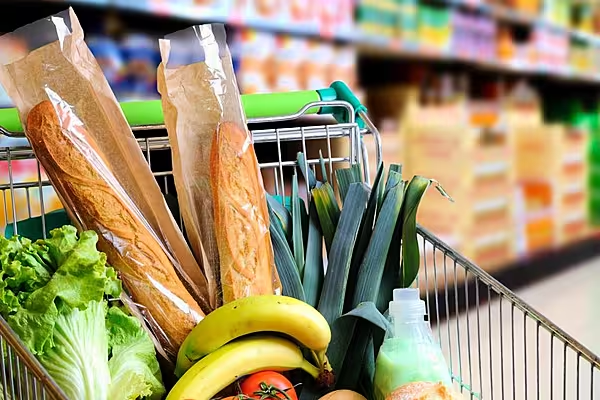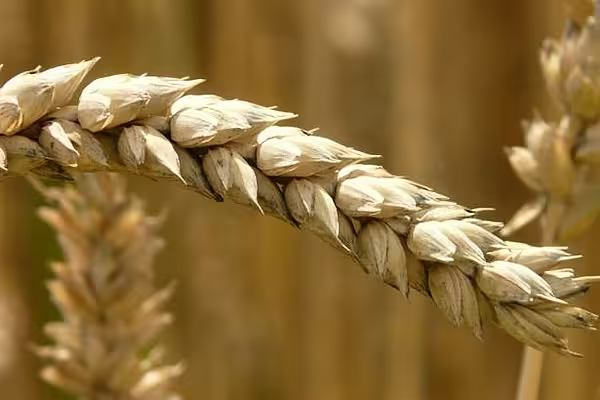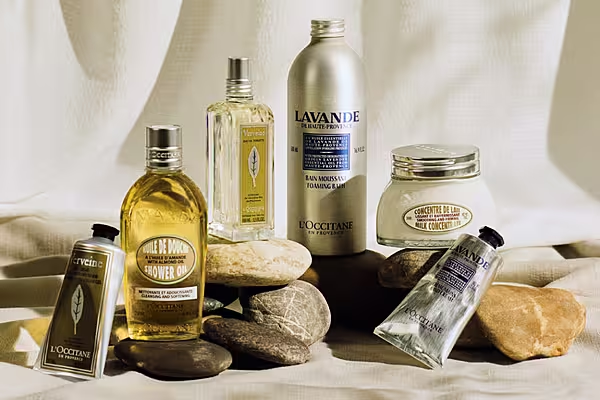Europe is on the Brink of a sugar deluge as restrictions have been lifted. After a decade of quotas, sugar firms in the European Union can now produce and export as much as they want.
The scrapping of quotas -- the last of the EU’s agriculture curbs -- may also lead to major changes in the global sugar trade. With increased EU production, there will be less need to import supplies from places like Africa and the Caribbean.
Price Pressure
While the industry has been readying for the change for years, it may further pressure prices that have dropped 28% in 2017, the worst performance in a Bloomberg index of 22 commodities. In the EU, the sugar-beet harvest is now in full swing and tests are showing higher-than-average yields in France and Germany, the region’s top growers.
“We have a big crop coming,” said Ruud Schers, an analyst at Rabobank International in Utrecht, Netherlands.
The bank sees EU production surging 23% in the season that started 01 Oct.
The quotas that ended this weekend were set in 2006 in preparation to phase out limits that were first imposed in the 1960s to ensure food security were rejected by the World Trade Organization. That curbed the amount of sugar EU producers could sell in the domestic market and boosted imports.
Scrapping the restrictions will help the EU boost exports by almost 50% to 2.2 million metric tons this season, according to the U.S. Department of Agriculture. Other analysts forecast even higher shipments. Top grower France’s exports alone may triple to more than 1 million tons, crops office FranceAgriMer estimates.
Production
The EU accounted for about 10% of global sugar production last season, according to the USDA. The region makes sugar grown from local beets or by refining raw supplies imported from countries with tropical climates. Refiners will still remain limited to duty-free shipments from some least developed countries and imports at reduced levies from certain nations.
EU sugar prices, which for years have traded at a premium to the world price, are set to move more in line with global rates, according to Rabobank. Average EU prices are at about 500 euros ($590) a ton, according to the European Commission. That compares with about $361 a ton for white-sugar futures traded in London.
The abolition of quotas could be good news for consumers, according to Investec Bank Plc.
It “could result in cost reduction for food, pharmaceutical and other manufacturers who use sugar,” Callum Macpherson, head of commodities at Investec in London, said by email. “This may result in a cost reduction for the end consumer.”
News by Bloomberg, edited by Checkout.









